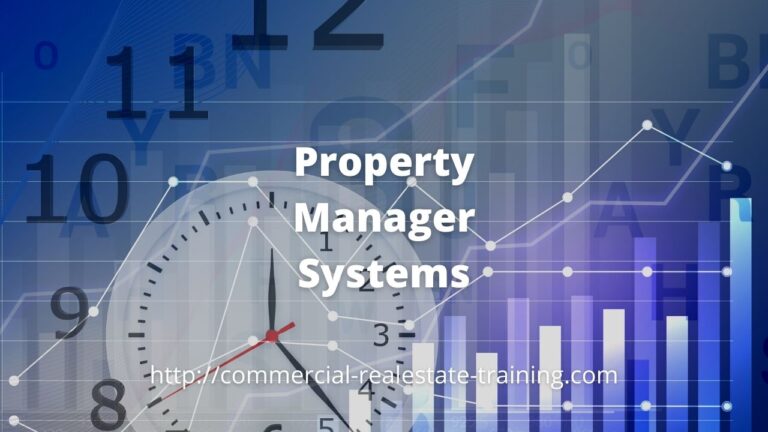The 11 Key Factors of Importance In Choosing a Skilled Retail Shopping Center Manager Today
The process of managing a retail shopping center is quite special, and on that basis the experience and skills of the manager chosen for the property are very important. The shopping center manager can ‘make or break’ the performance of the property.
So why is this so? You could say that the performance of a retail property is significantly more complex than that of an office or industrial property. Many things must be watched and controlled on a daily basis in the retail property. The best people are required to keep the property performance under control.
Retail Shopping Center Differences
To define the differences here, a retail property is impacted greatly by:
- The tenants chosen to occupy premises – The success of the property will depend on the factors of attraction that the tenants bring to the customers. In an ideal situation you really do need tenants that understand what customers are looking for and how that need can be satisfied.
- The specialty tenancy mix selection – The specialty tenants should be placed around the property with due regard for property design, customer access, and proximity to other tenants in the clusters.
- The levels of trust developed between the property manager and the tenants – The success of a retail property is largely impacted by the cooperation of the tenants with the property manager. Respect and trust will be key elements of interaction between both groups.
- Anchor tenants chosen to occupy the property – The lease and occupancy arrangements for anchor tenants are quite unique and different than that of the specialty tenants. The anchor tenant lease will reflect special terms and conditions such as rental escalation, turnover provisions, marketing, and term of occupation.
- Vacancy factors currently and pending – Any vacancy in a retail property will be a drain on property performance and particularly rental. Current and pending vacancies should be resolved quickly with the right tenant for ongoing occupation.
- The customer profiles and demographics – When you know the customer types and shopping requirements you can make valuable tenant mix choices. What types of tenants are the customers looking for? Is the property satisfying a ‘convenience’ shopping requirement or are customers looking for other goods and services?
- Sales of retail goods by tenant category and retailer – Certain retail categories in a shopping center will be the ‘draw cards’ for customers and sales with other retailers. One sale in a convenience shop such as a bakery can lead to an additional purchase in another shop nearby. Look for the successful retailers in your mix and determine why they are attracting more customers and sales than other tenants. You can build clusters of tenants around successful retailers.
- Marketing strategies for the tenants and the property overall – Every retailer should be marketing their goods and services to the local area. In addition to that promotional process, the retailer should be participating in the overall marketing process for the entire property; that is where the property manager or marketing manager has an important role to play in coordinating a shopping center marketing campaign each year.
- The landlord’s attitude to property presentation and maintenance – When you walk into a retail property that is poorly maintained, the lack of maintenance can be easily seen; that is also the observation made by shoppers. Soon the property is sending all of the wrong messages to customers and sales can decline. Retail shopping is an ‘experience’ process, and most customers will only return to a property if shopping is clean, modern, and convenient.
- Competing properties in the catchment area – In any town or city the nearby retail properties will be competing for the same customers and retail sales. On that basis the anchor tenants chosen and placed in a shopping center will have a lot to do with drawing in customers to the property in an ongoing way. Choose your anchor tenants well and ensure that they are consistently attracting the customers to the shopping center.
- Existing lease documentation – The leases in a shopping center will expire at different times of year, and the rent reviews and options will all arise uniquely based on the timing of the tenant and landlord lease agreements. The property manager and the support team for the shopping center must know exactly how the different leases impact rents and occupancy across the property. Timely actions of the shopping center team given the upcoming lease critical dates will always be a focus in the property. On that basis the management team must know the lease documents comprehensively.
Given all of these things, the shopping center manager has to give the required focus, momentum and control to each of these factors of property performance.







